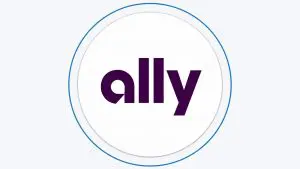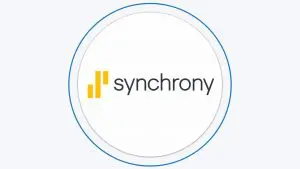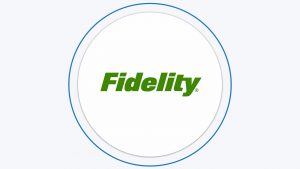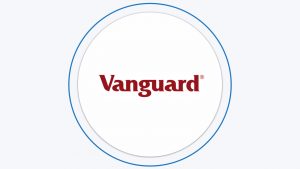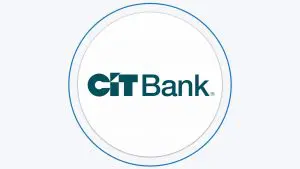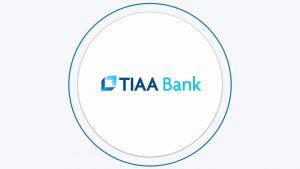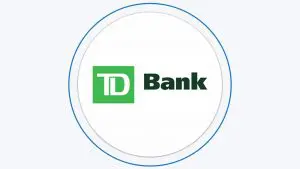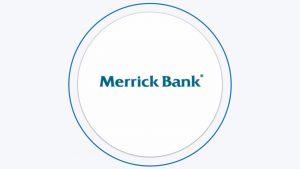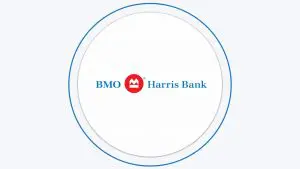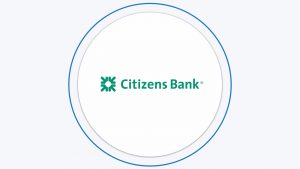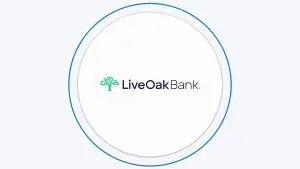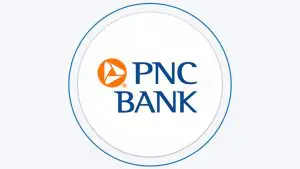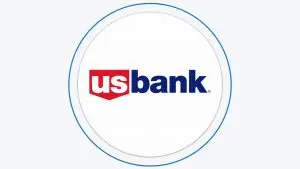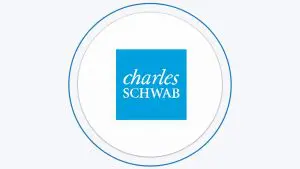Table Of Content
Key Takeaways
- One of the advantages of certificates of deposit, also known as CDs, is the fact that they offer higher yields, compared to money market accounts, as well as savings accounts.
- You can not withdraw the money from the CD before the term ends, otherwise, the bank will deduct the penalty payment from the CD.
- You can access your money market account by check and ATM card. This might be a better option for people who want to have an access to their savings at all times.
What Is A Money Market Account?
A Money Market Account (MMA) is a savings account offered by banks and credit unions. It's like a hybrid of a regular savings account and a checking account.
MMAs typically offer similar interest rates to savings accounts, making them a good choice for short-term savings goals. While they allow limited check-writing and electronic transfers, there are often restrictions on the number of transactions.
MMAs usually require a minimum balance, and they are considered safe investments, backed by the financial institution and possibly insured by government agencies. They're suitable for building emergency funds or for those seeking a low-risk, accessible component in their financial portfolio.

What Is A Certificate Of Deposit (CD)?
CD is short for ‘certificate of deposit’ and it means that you give the bank a certain amount of money for a set amount of time.
That set amount of time is the ‘term’ of the CD. So, when you give that money to the bank, they get to use it however they want, and in return, once the term is up, you get the initial money plus interest back.
Generally, you’re going to get even higher interest rates the longer you agree to let the bank use your money. On the surface, six-month CD will pay you less than a six-year CD.
One of the drawbacks of CDs is that they will lock your money in for a set amount of time. You should buy them only with money you won’t need for a while.e=”cds_holdings_per_family”]
CD vs Money Market Account: Comparison
CDs are considered a form of savings account, but they offer much higher interest rates. They are both a safe place to keep money, though, for the future, and they give you a way to earn some interest on your money.
CDs do not allow you to touch the money while you have it in the account. Savings accounts usually let you withdraw or transfer money 1-3 times a month depending on your bank. Both are federally insured, so you don’t have to worry about losing your money.
Opening a savings account usually requires only a little money to open and a small minimum balance. CDs on the other hand require a larger minimum amount and usually make you keep the balance for the duration of the contract, or you risk losing interest accrued.
| CD | Money Market Account | |
|---|---|---|
| Term | 6, 12, 18, and 60 months | No limit |
| Access your fund | No Access | ATMs, debit cards, checks |
| Minimum Balance | None – 5,000 (varied) | Usually $1,000-2,500 |
| Interest | About 4-5% (as of Jan 2024) | About 3-4% (as of Jan 2024) |
| Withdrawal Restrictions | Can’t Withdraw before maturity | Typically 3-6 withdrawals a month |
| Fees | Little to none | Little to none |
| protection | up to $250,000 per account holder by FDIC | up to $250,000 per account holder by FDIC |
-
Interest Rates
Certificates of Deposit (CDs) provide fixed interest rates for a set term, often higher than regular savings accounts. Money Market Accounts (MMAs) offer competitive rates but can vary.
CDs lock in rates, while MMAs provide more flexibility with potential interest rate fluctuations. Choosing depends on your preference for fixed or variable returns.
Here's a comparison between CD and money market rates in leading banks and credit unions:
Institution | CD Rates | MMA Rates |
|---|---|---|
BMO | 0.05% – 4.50% | 0.80% – 2.94% |
Synchrony Bank | Up to 4.35% | 2.00% |
Citizens Bank | 2.75% – 3.60% | 0.03% – 0.15% |
Truist Bank | 3.85% – 4.00% | 3.70% |
PNC Bank | 0.01% – 4.03% | 0.04% – 0.05% |
Fifth Third Bank | 0.01% – 4.26% | 0.01% |
-
Minimum Deposit
Certificates of Deposit typically need a minimum deposit, and larger amounts can earn higher interest rates. MMAs may also have a minimum balance requirement, with better interest rates for higher balances.
Both accounts consider the deposit amount as a factor influencing the interest rate offered to the account holder.
-
Liquidity
CDs have fixed terms with penalties for early withdrawal.
MMAs provide greater liquidity through check-writing and transfers, offering easier access to funds without the rigid time constraints of CDs.

-
Term
CDs have a fixed term, keeping funds inaccessible until maturity. In contrast, Money Market Accounts lack a fixed term, offering flexibility for easier access to funds without the commitment of a locked-in period.
This difference in terms makes MMAs more suitable for those requiring liquidity and flexibility in their savings approach.
How to Decide Between Them?
Now that you know a little more about each you may be curious about which one is the best option for you. So, what should you do?
- How long until you need the money?
- Do you have a short-term investment strategy?
- Do you want to increase your flexibility when it comes to spending your money and accept lower interest or would you rather sacrifice flexibility for higher interest?
If you’re not going to need your money for at least a little while you can put it into a CD because it’s going to give you a little more interest but still be somewhat accessible.
With a money market account, you’ll have the ability to spend and to get the interest that you’re looking for, a great balance of both worlds.
-
When CD May Be A Good Idea?
Certificates of Deposit may be a good idea in the following cases:
- Fixed Term: You are comfortable locking in your funds for a specific period.
- Higher Interest: You are seeking a potentially higher fixed interest rate.
- Low Liquidity Needs: You don't need immediate access to your funds and can commit to the CD's term.

-
When Money Market Account May Be A Good Idea?
MMA may be a good idea in the following cases:
- Flexibility: You need more flexibility with withdrawals and want easier access to your funds.
- Competitive Rates: You want competitive interest rates without committing to a fixed term.
- Limited Risk: You prefer a low-risk option with the potential for better returns than a regular savings account.
- Emergency Fund: You are building an emergency fund and want a balance between returns and accessibility.
FAQs
Can you lose your money in a money market account?
Money market accounts are a form of investment, not a savings account. This means there is the possibility of losing money and there is no guarantee of earnings. If interest rates are low then money market rates will also be very low, so investors cannot earn very much.
Money market rates usually do not ever go over inflation, so they are not good long-term investments. If you are looking for long-term savings or a long-term investment, you might want to consider an alternative to a money market account. A savings account can make sure you do not lose any money, but you also won’t gain any money other than the interest.
Are CDs safer than money market funds?
Unlike money market funds, CDs are safer because they are guaranteed by the federal government. This means they have to follow rules and regulations just like savings accounts. Most of them are guaranteed by the Federal Deposit Insurance Corporation (FDIC). This is a government-sponsored agency and they guarantee amounts up to $250,000.
Since the CDs are federally insured, the security of the principal amount you put into the CD is reserved the same as treasury bonds. The interest rates can fluctuate though and might not be reserved in the same way.
Is there a penalty for closing a money market account?
Unlike other bank accounts or CD accounts, most money market accounts do not charge a fee for closing the account. They also don’t have a set length that you have to keep your funds in the account before removing them. However, they will charge fees if your balance drops below the minimum amount.
If you aren’t using the account, you should close it to avoid monthly fees and fees when your balance is too low. You need to contact the bank to close the account, not just withdraw all the money. Always make sure the account is fully closed.
How do they differ: money market vs. CD rates?
CD rates are almost always higher. If you want to make the most amount of interest, you can set up a CD account. However, you won’t be able to access the money until a certain term ends. So, a CD might not be the best plan if you think you will need the money in the short term. Withdrawing will result in fees that are several months or a year’s worth of interest.
Money market rates offer you access to your money, so you will be able to withdraw money up to 6 times a month. They also usually have larger minimum balances and sometimes offer checks.
The rates are usually only around the same as regular savings accounts though, so you won’t be earning very much interest. If you want to earn more interest, a money market account might not be the best choice.
What’s the difference: CD vs. mutual fund?
A CD is basically a long-term savings account. You will be able to put money away for the future and earn high interest in it. You cannot access the money for the specified time period though without having withdrawal fees.
A mutual fund is more short-term and requires a high minimum deposit, while CDs can be opened with much lower amounts. Some mutual funds also require you to have a certain minimum balance to receive the highest interest rates.
Mutual funds are not insured by the FDIC. If you want a short investment though with access to the money whenever you need it, a mutual fund is a better option than a CD even though it does not earn as high interest.
What is a CD rollover?
A CD rollover is sometimes called a renewal. This means the money you invested can be deposited into a new CD. The interest you earned can also be invested into a new CD. Some banks automatically roll over the CD, so you will need to make sure you tell them you don’t want it rolled over if that’s the case.
Some CDs don’t have a rollover feature, so they will stop earning interest as soon as they mature. The bank will always send you a notice saying the CD is coming to an end and they will ask what you want done with it.

